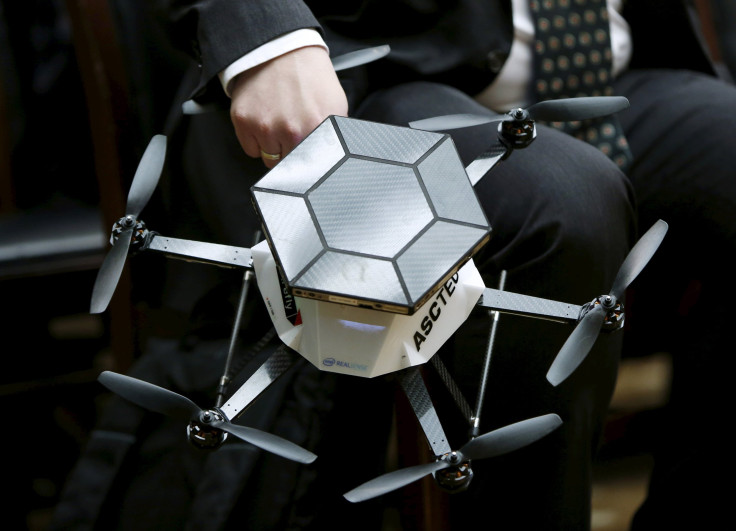Drones, AI To Guard Against Shark Attacks On Australian Beaches

With shark attacks increasing every year, more vigilance is needed, especially at beaches popular for surfing. Since it has become evident that human vigilance is just not enough, technology is coming to the fore — starting next month, the Australian government will deploy artificially intelligent ‘Little Ripper’ drones on the country’s beaches for enhanced surveillance.
Little rippers cost $250,000 and can stay in the air for two and a half hours at a time. In case of an imminent attack, the drone will carry inflatable rafts and GPS beacons to aid rescuers.
They will monitor the beaches using on board cameras. The data will then be sent to artificial intelligence based networks, which will use image recognition to differentiate between images and decipher the presence of a shark in the water. The final discretion will be left to skilled humans who will take a final call on rescue operations.
But how will these drones prevent attacks? They will actually have an onboard repellent that will keep sharks at bay until rescuers arrive at the scene. The drones will be equipped with an automatic water activated electromagnetic shark repellent device, which will aim an electric current at the shark and affect the gel in its nose, immediately sending it on its way and ensuring the swimmer's safety.
The use of drones will be less expensive than conducting helicopter sorties and might even be more accurate and capable of surveillance during night and day and different weather conditions.
The drones will also spot dolphins, whales and other sea creatures and will provide research data to scientists.
According to Engadget, humans, even when present above swimmers in helicopters, are able to spot sharks accurately only once in three times, which doesn’t give a swimmer in water much of a chance of avoiding an attack.
The drones will have an accuracy of 90 percent, the researchers claim.
“It’s not about replacing human beings all together, it’s about assisting human beings to get the work done in a better way with more accuracy. That’s what the application is meant for,” stated Dr. Nabin Sharma, one of the researchers associated with the project.
With Australia being home to bull sharks, tiger sharks and great white sharks — the three most known species for attacking humans and the world’s most popular beaches such as Bondi, the country needs to take pre-emptive action to prevent shark attacks and drones might be a better way than the deployment of nets to stop sharks from entering areas commonly visited by swimmers.
The nets shut out many species and create ecological issues but the drones help deal with sharks in an isolated manner.
Australia isn’t the only country plagued by shark attacks, in fact, the U.S. has a higher rate of shark attacks. The U.S. currently has an average of 16 shark attacks per year, with one fatality every two years. Florida and California account for a majority of these attacks.
© Copyright IBTimes 2024. All rights reserved.











